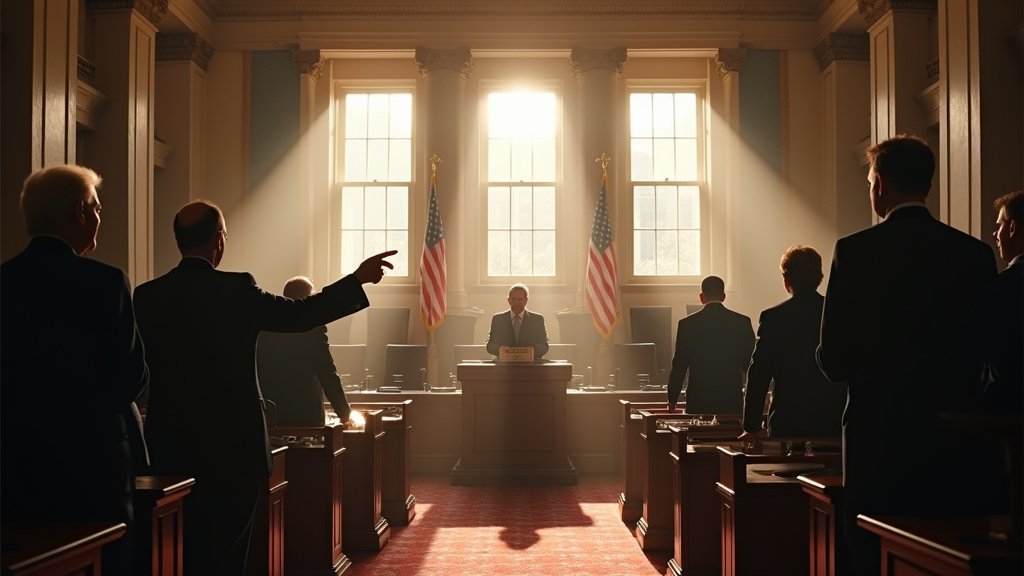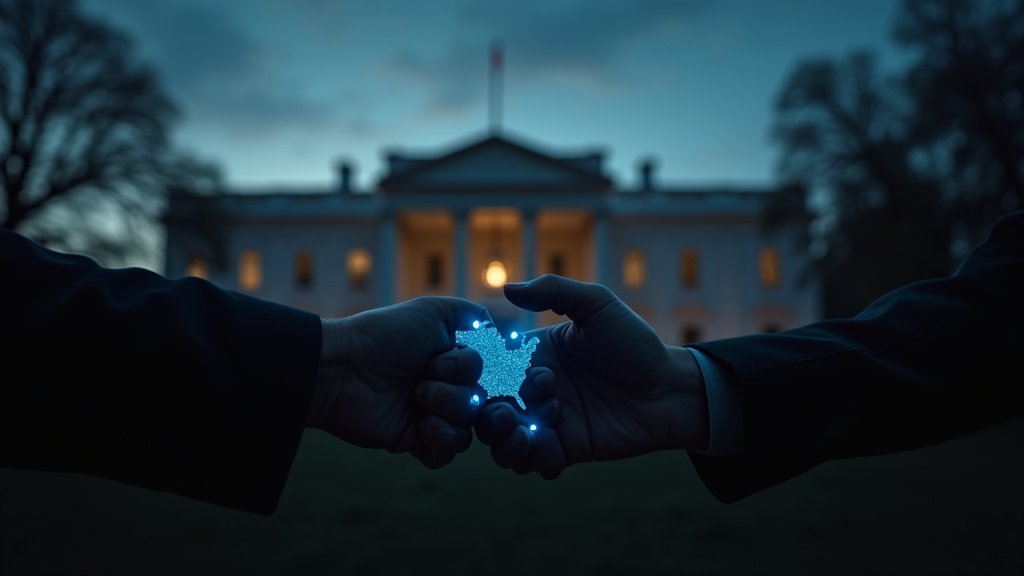Austin, Texas – Tesla has commenced its autonomous vehicle robo-taxi trial operations in the state capital, a move that follows Texas Governor Greg Abbott’s approval, paving the way for the company to begin testing despite new state regulations not yet being fully enacted.
The commencement of the trial marks a significant step for Tesla in deploying its self-driving technology in a live urban environment. It comes after Governor Abbott signed legislation that mandates a state permit for the operation of self-driving vehicles within Texas.
Navigating the Regulatory Landscape
The recently signed legislation, which aims to establish a clear regulatory framework for the burgeoning autonomous vehicle industry, is scheduled to officially take effect on September 1. However, Governor Abbott’s crucial approval was granted on Friday, June 20, 2025, allowing Tesla to proceed with its trial ahead of this date.
The timing of the Governor’s decision is particularly noteworthy. While the law requiring state permits is not yet active, his explicit approval for the trial indicates a degree of state oversight and sanction for this early deployment phase.
Political Signals and Industry Approach
Governor Abbott’s approval is seen by some observers as signaling bipartisan support for the careful and considered advancement of the driverless vehicle industry within Texas. The legislation itself received support across the political spectrum, reflecting a shared interest in both fostering technological innovation and ensuring public safety.
The emphasis on proceeding “cautiously” appears to be a guiding principle for state officials as they navigate the complexities of integrating autonomous vehicles onto public roads. This cautious approach balances the potential economic and technological benefits against necessary safety considerations.
Legislative Concerns Raised
Prior to Tesla’s launch and the Governor’s approval, a group of Democratic state lawmakers had voiced concerns regarding the timing of the trial. They specifically requested that Tesla delay the commencement of its robo-taxi operations until the new legislation, requiring the state permit, was formally enacted on September 1.
The lawmakers’ request highlighted the tension between the rapid pace of technological development and the slower, deliberate process of establishing necessary legal and regulatory guardrails. Their position was rooted in the desire to ensure that all operations of this nature occur strictly under the authority and framework provided by the new state law from its effective date.
Tesla’s Deployment in Austin
Despite the call for delay from some legislative corners, Tesla proceeded following the Governor’s approval. Austin, with its dynamic tech scene and ongoing infrastructure development, has become a key location for companies testing advanced mobility solutions. Tesla’s choice of Austin for this trial aligns with its corporate presence and strategic interests in the state.
The trial is expected to provide Tesla with invaluable real-world data on the performance of its autonomous driving system in varied traffic conditions, pedestrian interactions, and unpredictable urban environments. This data is critical for refining the technology and demonstrating its safety and reliability to regulators and the public.
The Path Forward for Autonomous Mobility
The launch of Tesla’s robo-taxi trial in Austin, sanctioned by the state’s highest executive office ahead of new regulations, underscores the ongoing evolution of the autonomous vehicle landscape. It highlights how states are actively grappling with how to permit, oversee, and ultimately integrate driverless technology into their transportation systems.
The Texas model, as it develops, will likely be watched closely by other states and by the federal government as they consider their own approaches to regulating autonomous mobility. The balance struck between encouraging innovation and ensuring safety through a structured permit process will be key to the widespread deployment of services like robo-taxis.
As the trial progresses and the September 1 effective date for the new law approaches, attention will remain focused on how Tesla’s operations align with the letter and spirit of the state’s regulatory intentions and how the cautious, bipartisan approach signaled by Governor Abbott continues to shape the future of driverless vehicles in Texas.











